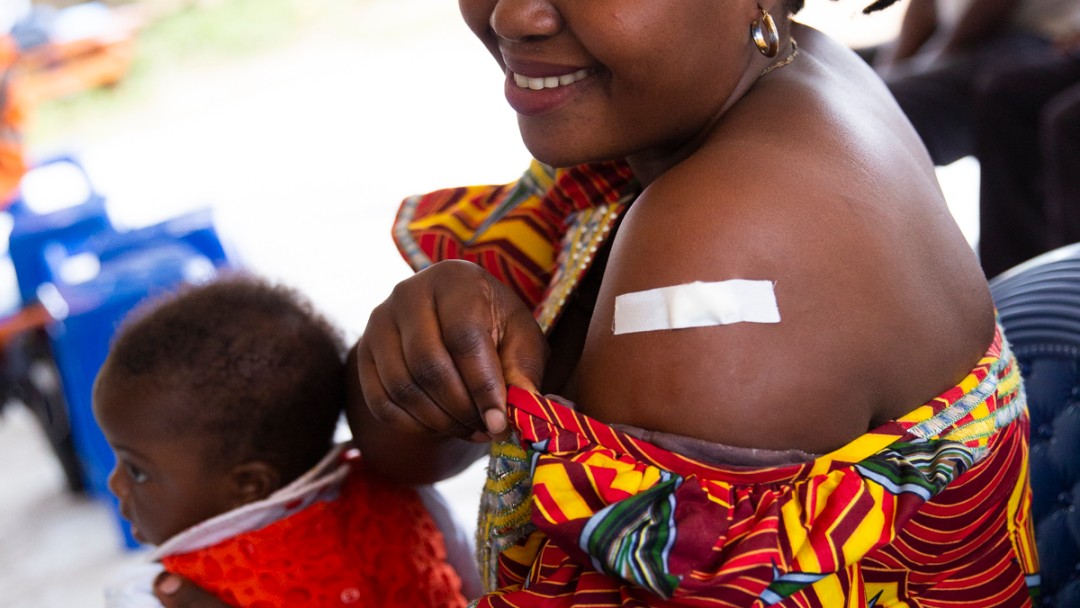News from 2021-06-16 / KfW Development Bank
Eastern Africa: Boosting routine vaccinations for children
KfW promotes protection against diarrhoeal diseases, measles and pneumococcus

Vaccinations against COVID-19 are currently the focus of attention, but protection against other diseases must not be forgotten. On behalf of the German Federal Government, KfW, together with GAVI, the Vaccine Alliance, is promoting routine vaccinations of children in the East African Community (EAC). Since the beginning of this cooperation, 120 million vaccine doses have already been provided.
The World Health Organization (WHO) and the children's relief organisation UNICEF have already warned that the number of child vaccinations has declined alarmingly. In East Africa, child mortality is still very high despite significant progress. In 2017, it was 57.35 per thousand. About half of the child deaths are due to infectious diseases that could have been prevented through vaccination. Besides diarrhoea, these are mainly respiratory diseases and measles.
Protection is provided by vaccinations against pneumococcus, for example, and multiple vaccines that prevent several fatal diseases such as diphtheria, tetanus, whooping cough or hepatitis B through a single application. They represent a particularly efficient means for reaching the broadest possible sections of the population and for sustainably containing the spread of the pathogens. There is also reliable protection against the rotavirus, which can cause severe diarrhoea. All these vaccinations are highly effective and well tolerated - which makes it all the more important not to neglect them in the current COVID 19 pandemic.
This is why KfW is providing EUR 25 million on behalf of the German Federal Ministry for Economic Cooperation and Development (BMZ) to support GAVI, the Vaccine Alliance, in effectively protecting children in the East African Community against these infectious diseases. KfW funds are used to finance the procurement of the vaccines, consumables, transport and insurance on a pro rata basis. This is already follow-up funding, as KfW has been supporting the East African partner countries since 2013 - a total of EUR 290 million has been provided for immunisation programme funding since then, enabling the procurement of 120 million vaccine doses for children and infants, among other things.
The poor population in particular benefits from the vaccination campaign, as they usually have little access to health services. About half of the people in the East African Community live below the poverty line. Refugees from Burundi, for example, who live in Rwanda and Tanzania, are also specifically included in the campaign to avoid the spread of dangerous diseases through migration.
In addition, KfW, also on behalf of the BMZ, is supporting a regional training and excellence centre for health and immunisation logistics at the University of Rwanda with EUR 14 million. The centre's training and further education programmes improve health care in the entire region. Strengthening the health system is particularly important in times of the pandemic - but health promotion will remain essential for empowering vulnerable populations even afterwards.

Share page
To share the content of this page with your network, click on one of the icons below.
Note on data protection: When you share content, your personal data is transferred to the selected network.
Data protection
Alternatively, you can also copy the short link: https://www.kfw-entwicklungsbank.de/s/enzBWrMC.CgfA
Copy link Link copied